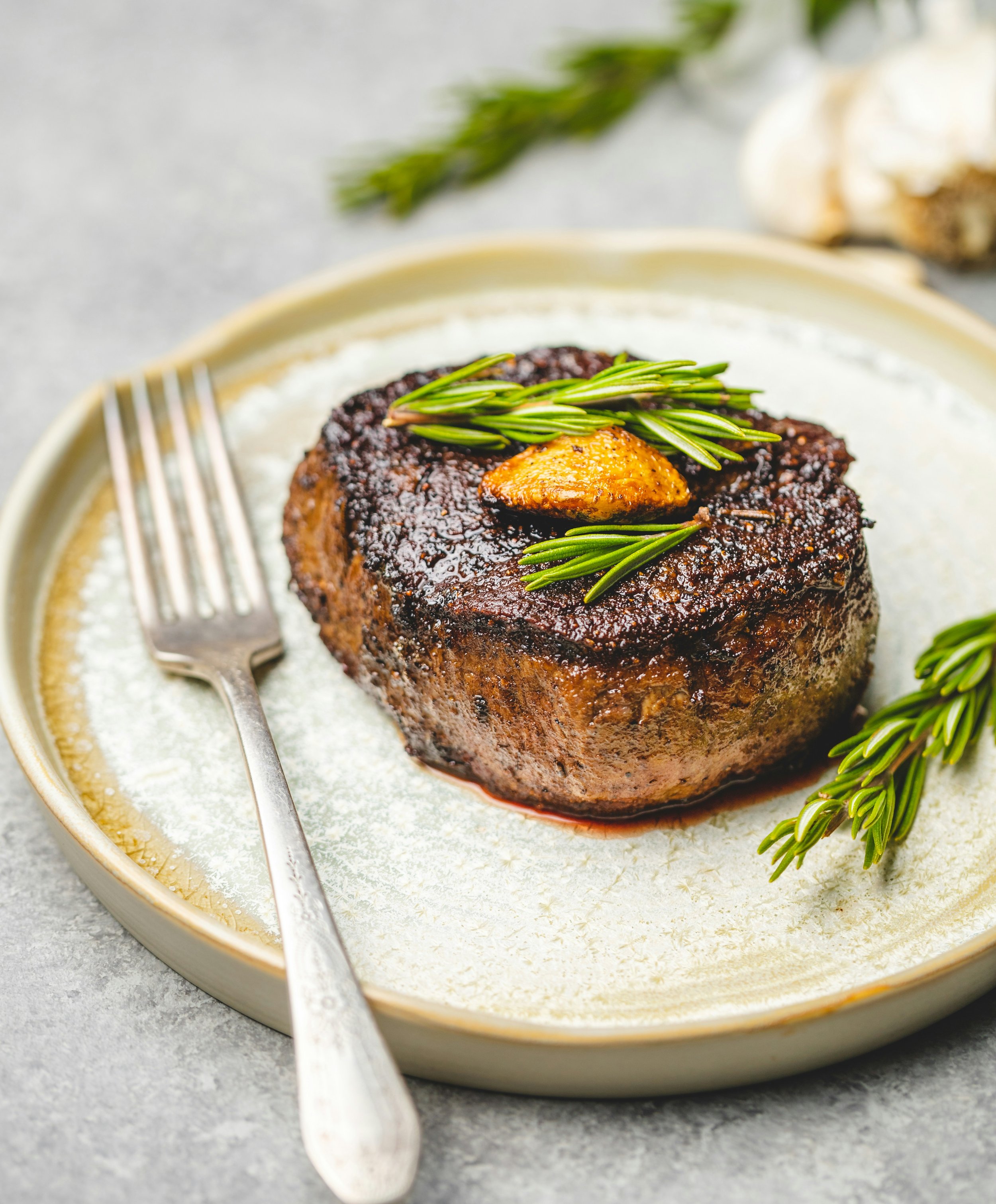Key Nutrients for Perimenopause Support
Perimenopause is a transitional time marked by shifting hormone levels, especially estrogen, progesterone, and cortisol. These changes can lead to symptoms such as mood swings, irregular cycles, fatigue, and disrupted sleep. The good news? Nutrition can play a major role in helping to ease this transition.
Balancing hormones involves more than just looking at the hormones themselves. It also requires healthy liver function, gut health, and stable blood sugar levels. These systems all work together to keep your hormones in check. Your food choices can either support this delicate balance—or disrupt it.
Liver-Supportive Foods for Hormone Detoxification
The liver is your body’s main detox organ. It processes and eliminates excess hormones, including estrogen. Supporting your liver through food can help reduce symptoms of estrogen dominance, such as bloating, heavy periods, and mood swings.
Aim to include more of these foods:
Cruciferous vegetables (broccoli, cauliflower, kale, Brussels sprouts): Rich in sulforaphane, which promotes estrogen detoxification.
Beets: Stimulate bile production and help the liver flush out toxins.
Citrus fruits (lemons, limes, oranges): Support liver enzymes.
Turmeric: Reduces inflammation and enhances liver function.
Bitter greens (dandelion, arugula): Stimulate bile flow to support detox.
Foods to Support Estrogen Balance
Fluctuating estrogen can lead to both highs and lows. These foods help regulate and support estrogen levels:
Flaxseeds and pumpkin seeds: Contain lignans and fibre that aid estrogen balance and support GI health.*
Sesame and sunflower seeds: Can help support healthy progesterone levels, aiding the estrogen-progesterone balance.*
Berries: Rich in antioxidants and polyphenols that protect hormone pathways while feeding your good gut bugs.
*Seed cycling can be a great way to support hormones naturally through food! Check out our blog post + our seed cycling fig ball recipe for a delicious way to take your seeds.
Foods to Support Progesterone Levels
Progesterone naturally declines during perimenopause, which can affect mood, sleep, and stress levels. These foods help your body produce more:
Vitamin C-rich foods (bell peppers, citrus, strawberries): Support progesterone synthesis.
Magnesium-rich foods (leafy greens, dark chocolate, seeds): Help regulate cortisol and progesterone. We also love a good magnesium glycinate supplement like this one to support progesterone and overall hormone balance.
Healthy fats (avocados, coconut oil, olive oil): Provide building blocks for hormone production.
Grass-fed meats & eggs: Supply cholesterol needed for hormone synthesis.
Blood Sugar Balancing Foods to Reduce Cortisol Spikes
Blood sugar spikes can increase cortisol, which in turn disrupts progesterone. Keep it steady with:
Protein-rich foods (grass-fed beef, wild-caught fish): Help stabilize blood sugar.
Fiber-rich foods (chia seeds, lentils, quinoa): Prevent blood sugar crashes.
Cinnamon & apple cider vinegar: Support insulin sensitivity.
Anti-Inflammatory Foods to Reduce Perimenopause Symptoms
Inflammation can worsen symptoms like brain fog, hot flashes, and joint pain. Try incorporating:
Wild-caught salmon & sardines: Full of omega-3s.
Bone broth & collagen: Support skin, joints, and gut health.
Turmeric & ginger: Powerful anti-inflammatory spices.
Foods to Avoid During Perimenopause
Some foods can make symptoms worse by promoting inflammation or disrupting hormones:
Processed foods & refined sugar: Cause blood sugar instability and hormone imbalances.
Excess caffeine & alcohol: Stress the liver and disrupt sleep.
Industrial seed oils (soybean, canola, etc.): Promote inflammation.
Next Steps
Eating nutrient-dense, whole foods can support hormone balance, reduce perimenopause symptoms, and improve overall well-being. The key is to start small, be consistent, and choose foods that nourish your unique body.
If you're navigating perimenopause and want personalized support, our clinic offers 1-on-1 nutritional consultations tailored to your hormone needs. We also offer the DUTCH test—a comprehensive hormone test that can provide insight into your unique hormone picture and guide your plan.
Book a session today or email us to learn more about the DUTCH test and how it could benefit you!
Asher Kleiber
Registered Holistic Nutritionist





